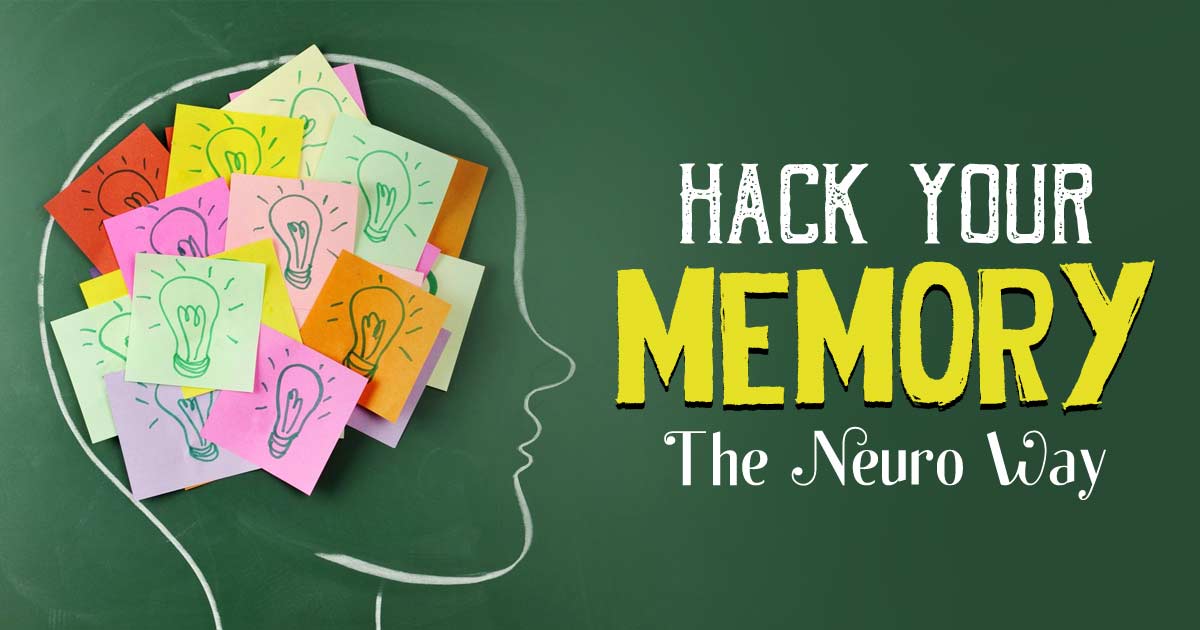Crafting effective decisions is a manifestation of cognitive prowess; this perspective is echoed by Jeff Bezos, an advocate of the concept of “two-way doors.” (Bezos also posits that astute individuals frequently alter their opinions, not as a result of vacillation, but due to their consistent evaluation of novel data, information, and experiences.
This concept is extensively explored by Adam Grant in his work, “Think Again.”) The capability to swiftly make apparently instinctual choices is also derived from intelligence and it depends on how to boost memory effectively in the long run.
Likewise, the aptitude to harness knowledge and past encounters to devise innovative solutions is deemed by Steve Jobs as the most telling sign of elevated intelligence. However, foundational to all the facets of intellect lies memory.
Triumph in any endeavor hinges on the application of acquired knowledge, implying that the more one retains and recollects, the greater their potential accomplishments. It is irrefutable: memory wields considerable significance. In this article, we will explore five uncomplicated techniques on how to boost memory proficiency.
1. Articulate Thoughts Audibly.
Surprisingly, adept individuals engage in self-conversation. Research published in the “Journal of Experimental Psychology” divulges that verbalizing words aloud, or even silently mouthing them, heightens their memorability.
While the mechanism remains somewhat enigmatic, neuroscientists speculate that vocalizing separates and distinguishes information from mere thoughts. Consequently, this distinct act bolsters the memorability of ideas, information, or plans. When tasked with recalling something, vocalize it audibly (or silently mouth it). The cerebral cortex collaborates to prolong retention and boost memory.
2. Anticipate Memory Recall.
In a meta twist, a study in the “Canadian Journal of Experimental Psychology” demonstrates that posing queries to oneself about memory recall significantly amplifies the likelihood of remembering, at times by up to 50%. Indeed, contemplating the act of remembering remarkably improves recollection.
This is particularly valid for prospective memories, such as recollecting planned actions or intentions for the future. Predicting might function akin to self-assessment, supported by research showcasing self-quizzing’s efficacy in accelerating learning. Predictive action enhances hippocampal processing, aiding the formation and indexing of episodic memories.
3. Repetitive Revisiting For 40 Seconds.
Memory consolidation involves transforming transient memories into enduring ones. While the process can be accelerated, durable memory formation requires time. A strategy to enhance the odds is to revisit information for approximately 40 seconds.
Another study published in the “Journal of Neuroscience” reveals that brief rehearsal, like replaying an event mentally or reviewing steps, significantly heightens memory retention. This effect associates with specific brain regions, particularly the posterior cingulate. This rehearsal period allows for meaningful application of the remembered content.
4. Indulge In Brief Daydreaming.
Research in “Nature Reviews Psychology” indicates that even a few minutes of closed-eye rest can boost memory, perhaps rivaling the effects of a full night’s sleep. Psychologists term this offline waking rest, which encompasses brief moments of zoning out or daydreaming.
Paradoxically, intermittent focus lapses boost memory consolidation. This downtime facilitates the iterative reactivation of memory, reinforcing and stabilizing nascent memories during early consolidation stages. Purposeful utilization of this strategy is vital.
5. Embrace Sleep’s Role.
A study in “Psychological Science” reveals that individuals who study before sleep, followed by a review after sleep, experience 50% improved long-term retention. This phenomenon, termed sleep-dependent memory consolidation, underscores the pivotal role of sleep in memory formation.
This mechanism aids the filing and accessibility of acquired knowledge. This principle extends to long-term memory as well. Employing a pattern of learning, sleep, review, and repeat is an efficacious approach to amplify intelligence and skills. Interleaving sleep between learning sessions reduces practice time and bolsters long-term retention.




